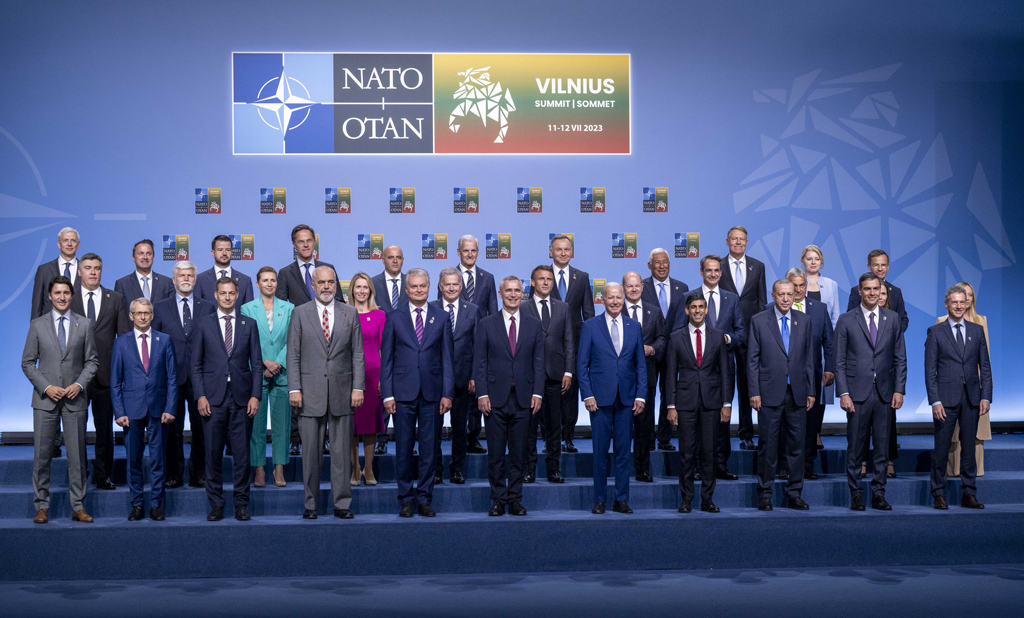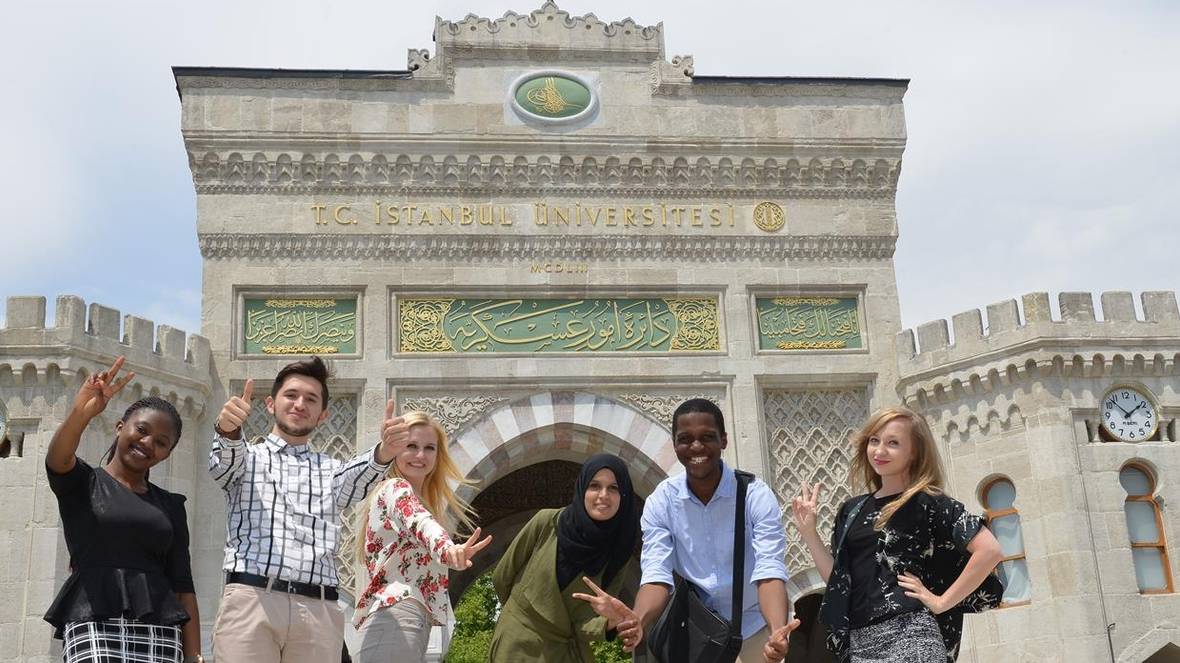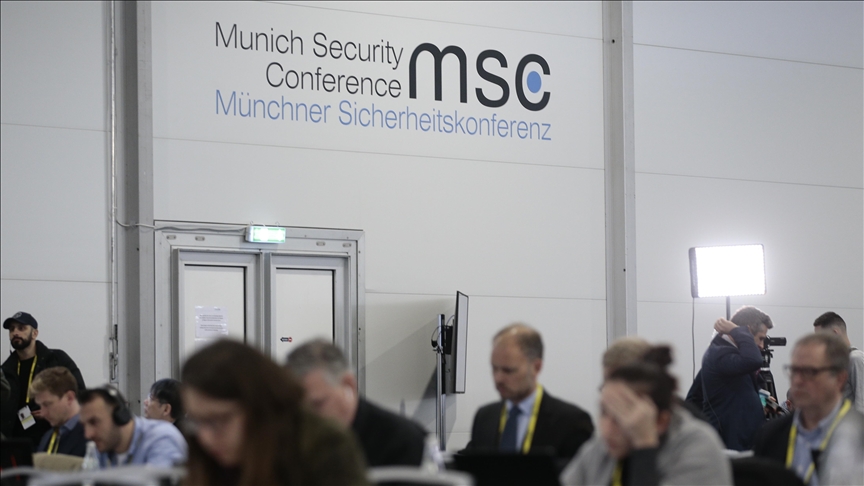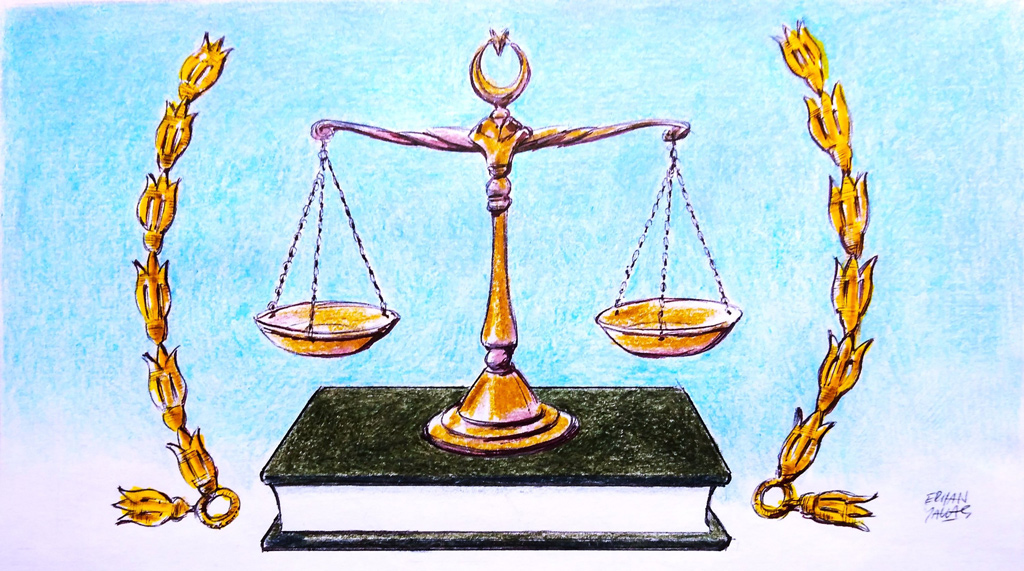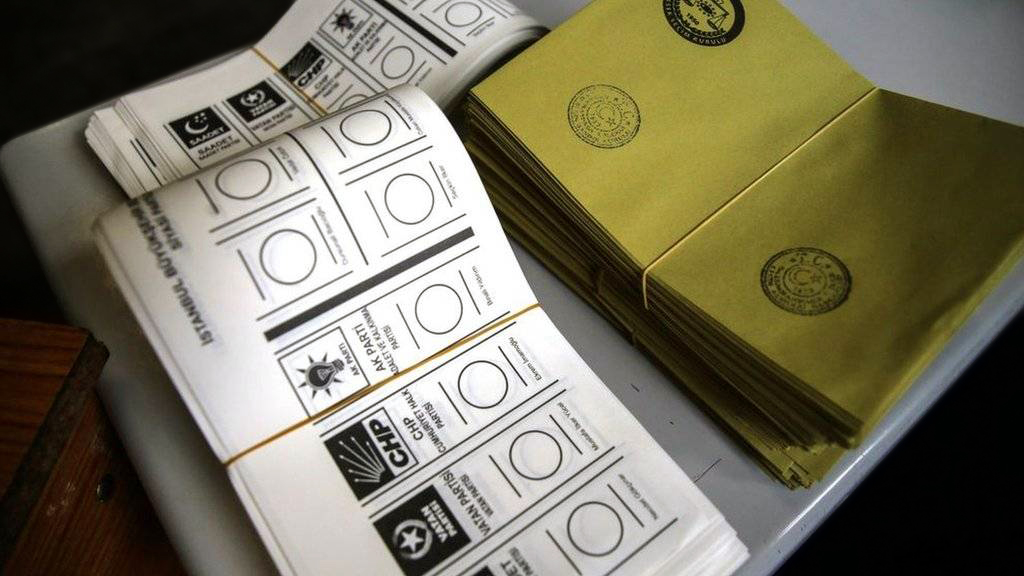
The lessons of Istanbul's mayoral race
The mayoral race in Istanbul ended in democratic maturity as Republican People's Party (CHP) candidate Ekrem İmamoğlu finished at the top.
Share
The mayoral race in Istanbul ended in democratic maturity as Republican People's Party (CHP) candidate Ekrem İmamoğlu finished at the top. The nine-point margin of victory added to the importance of the rerun's lessons for the ruling Justice and Development Party (AK Party) and opposition parties alike. After all, what each side learns from Sunday's election will determine the fate of the 2023 presidential and parliamentary elections. The opposition must find a way to stop being intoxicated with victory. The ruling party, in turn, has to avoid a loss of motivation that could fuel internal strife.
Sunday's elections showcased the resilience of Turkish democracy. Once again, the country settled a political dispute through the ballot box. Despite repeated wars of words between the two camps, the race was between two affirmative agendas and two sets of promises. The ruling party seemed exhausted by elections; whereas the opposition campaign was characterized by their sense of victimization. Opposition parties seized the opportunity after losing national elections for 17 years and Istanbul for a quarter century. The ruling party, in contrast, will now have to deal with cooperating with the opposition on the municipal level.
Even a local election in Istanbul warrants some generalizations. Comprehensive field research is needed to reach the correct conclusions. Some preliminary assessments, however, are featured here. The People's Alliance lost 3 percent of its supporters yet managed to keep the vast majority of its base intact. The Nation Alliance, however, became further consolidated. Various political maneuvers did not result in the opposition bloc's disintegration. To be clear, İmamoğlu had already established himself as a serious contender by winning 48 percent in the March 31 race. In the rerun, he won over supporters of other opposition candidates and convinced voters who did not vote in March, to participate.
İmamoğlu's emphasis on his mandate's cancellation and ability to position himself above party politics enabled him to reach highly volatile center-right voters. Finally, he overshadowed his party, the CHP, by claiming 54 percent of the vote. Over the next five years, İmamoğlu will face the challenge of meeting the demands and expectations of several political parties, including the CHP, the Good Party (İP), the Peoples' Democratic Party (HDP) and the Felicity Party (SP), that endorsed him. His treatment of conservatives, too, will be under close scrutiny. Mayor İmamoğlu's biggest challenge, however, will be to resist the temptation to portray himself as a presidential candidate. Delivering his victory speech after the race, he spoke like the winner of a national election and thus betrayed his political ambitions. Western media's current and future support is certain to fuel that ambition.
The AK Party, in turn, has to develop a new political approach. It must implement reforms as part of an affirmative agenda and rely more heavily on diplomacy in the fight in the international arena. The government must prioritize economic recovery and foreign policy. On the level of party politics, it must analyze İmamoğlu's victory carefully and grasp the changing dynamics of Turkish society. Young people, women, Kurds, conservatives and pragmatic center-right voters must be the focus of the AK Party's new effort. The movement must demonstrate it recognizes popular demands and that it plans to update its platform accordingly. Having to work with the opposition on the municipal level might entail new opportunities. Instead of wasting its time and energy on an internal debate, the ruling party must strike a healthy balance between action, reflection and renewal. Finally, it must take into consideration the Nation Alliance's consolidation.
The rerun election established that Turkish politics is entering a new period in which candidates will take precedence over political parties. Millions of voters, whom years of AK Party rule has effectively transformed, have new demands. They expressed their frustration by supporting İmamoğlu's mayoral bid. Whichever side interprets this trend accurately will be the winner of the 2023 elections.
[Daily Sabah, 26 June 2019]
Tags »
Related Articles



